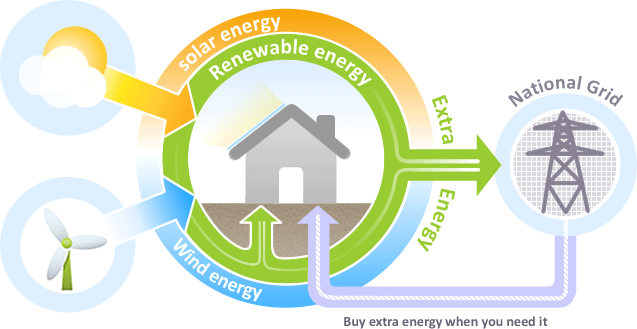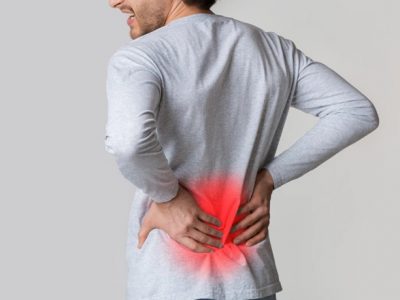Anytime you import or export something across an international border you may have to pay a tariff. A tariff is, basically, just a tax (otherwise known as a “duty”) assigned to a specific class of goods. Each national government assigns these tariffs in order to produce revenue on any sales conducted via Clearit car importing and exporting and to protect domestic revenue from foreign competition coming into that country.
The Definition of Tariffs
Generally speaking, when a person looks to buy goods from an overseas competitor—because it may be at a lower price, for example, than at a local retailer—a tariff can increase the price of those goods in order to discourage the consumer from the foreigh sale. The hope, of course, is to encourage the consumer to make a domestic purchase—which supports the local or national economy—instead.
On the other hand, foreign trade restrictions imposed by tariffs can result in domestic operations becoming less efficient. When foreign trade is healthy, for instance, domestic industries feel the pressure to provide the highest quality products at the best possible price. Sometimes, this affects domestic distributors who look for cheap and fast means for meeting consumer demand.
The Reasons We Need Tariffs
Governments generally justify a tariff in one of four ways:
- To protect domestic industries (and jobs). Tariffs increase the final retail price of [dramatically] cheaper foreign goods to ensure that domestic products are affordable but also of the best quality.
- To protect new, emerging industries. In the event a country aims to develop a new industry to produce a specific good (fuel, food products, technology, etc.) a tariff helps to increase the price of foreign products in that industry in order to make the local products more attractive.
- To protect political trade alliances. When an exporting nation, for example, violates an existing trade agreement, the importing country can impose higher tariffs to prevent that product from finding success overseas.
- To protect consumers. Sometimes the government might see a product as potentially harmful. Thus, they will increase the price of it as a means to deter consumers from buying and using that potentially harmful product.
Tariffs are a good thing. When all parties in a trade agreement adhere to their contracts, it secures a healthy economy. Tariffs act as a means of security to ensure that everyone wins in the end.












Comments